Year: 2021

297 – Controlling a Constitutionally Protected Right
The Declaration of Independence lists some of our inalienable rights. It also says “That to secure these rights, Governments are instituted among Men”. If governments are created to secure our rights, does that mean they have the legitimate power to regulate them? Yet in many situations, governments at all levels claim that power. So what happens when We the People allow governments to control our rights? More importantly, what can we do to regain control of our rights.
Read More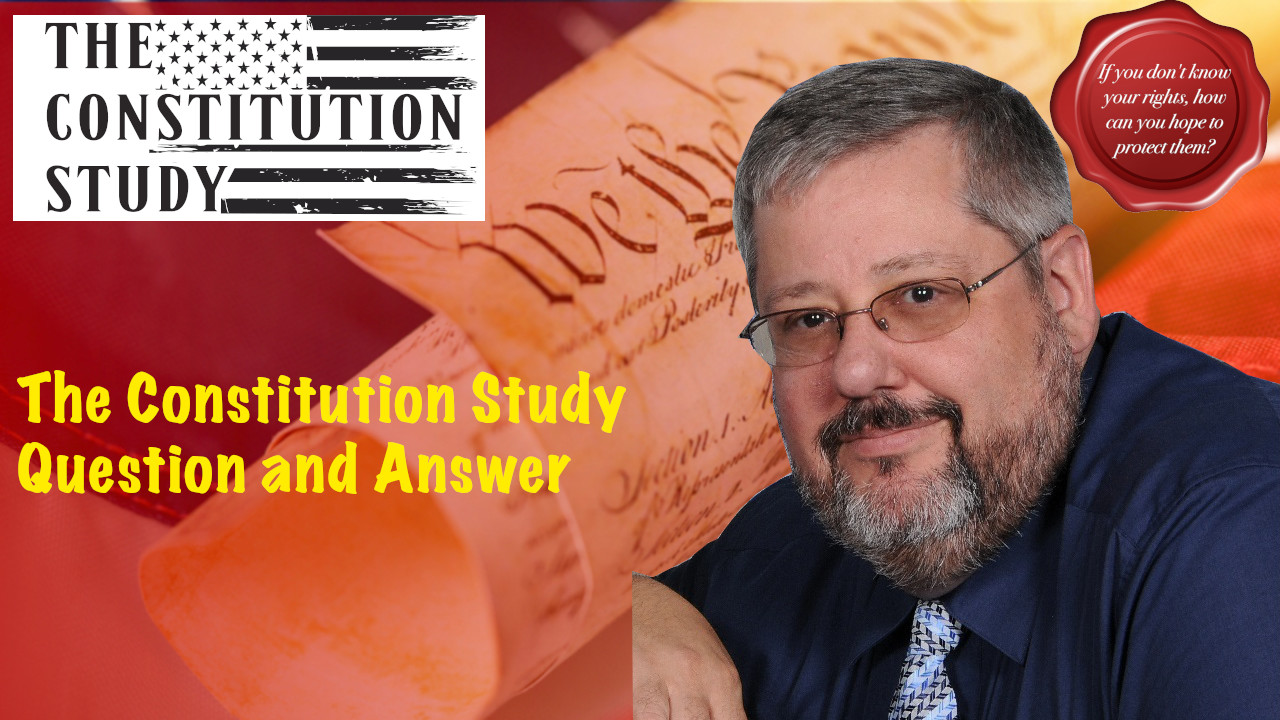
The Constitution Study Live Q&A – December 23, 2021
You bring the questions, I’ll bring the answers.
Read More
296 – Spying on American Gun Owners Act
Benjamin Franklin said:
“They who would give up an essential liberty for temporary security, deserve neither liberty or security.”
Yet with the promise of keeping us safe from “gun violence”, “violent extremists”, and “domestic terrorists”, Congress wants you to give up your essential liberty to be free from unreasonable searches. H.R. 5764 is the first step to a writ of assistance against anyone who buys or sells firearms. This has been done before, so why shouldn’t Congress think they can get away with it again?
Read More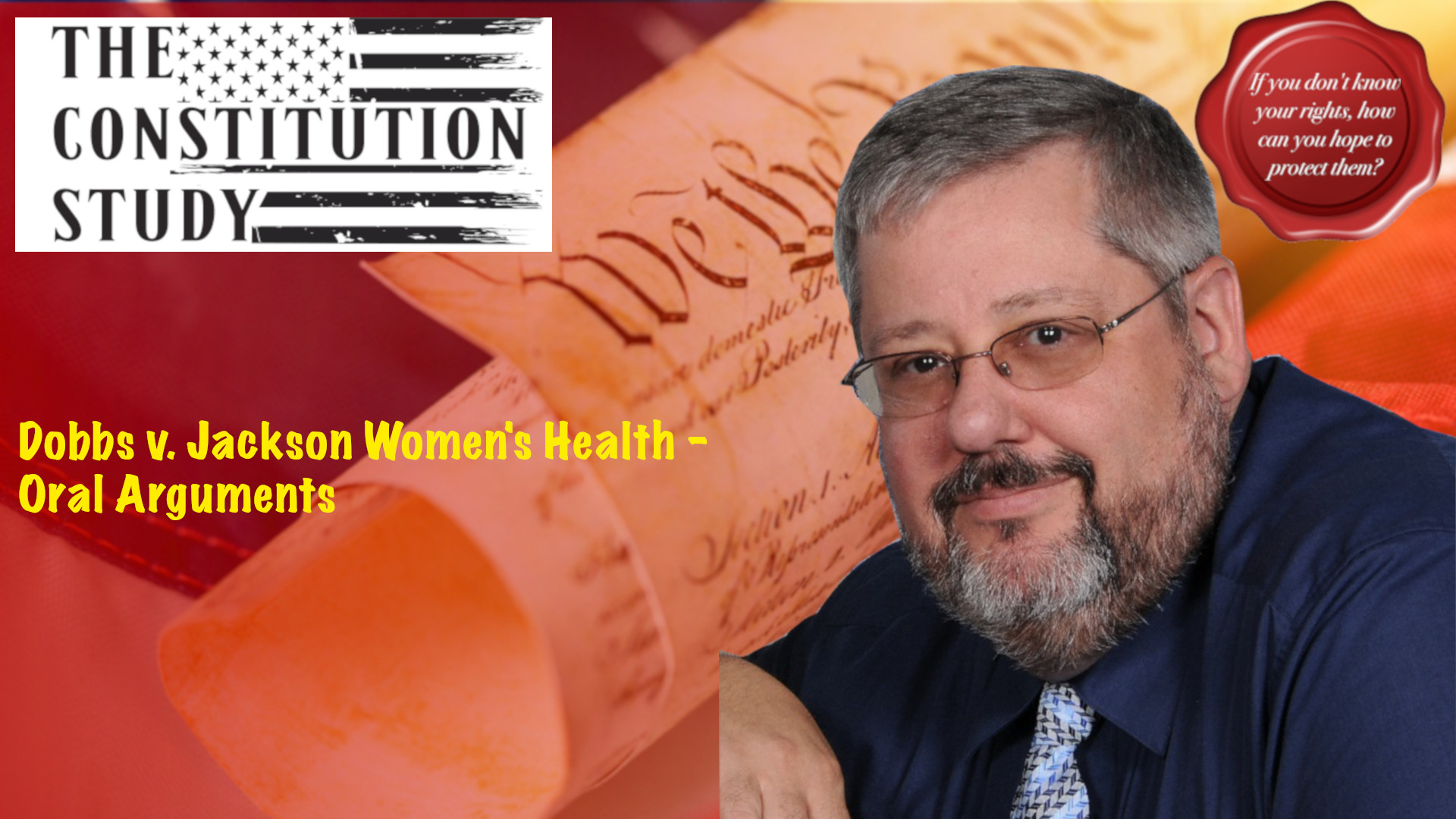
295 – Dobbs v. Jackson Women’s Health – Oral Arguments
The Supreme Court opinions in Roe v Wade (Roe) and Planned Parenthood vs Casey (Casey) have been political footballs since the day they were decided. A recent Mississippi law placed restrictions on abortions within the state that contradict the standards set by Roe and Casey. Not surprisingly, a lawsuit was filed challenging the Mississippi law. Recently, oral arguments in this case were heard at the Supreme Court. I found a number of arguments that I believe anyone interested in what the Constituiton actually says would find worth their time.
Read More
Constitution Study Live Q&A – Dec 9, 2021
You bring the questions, I’ll bring the answers.
Read More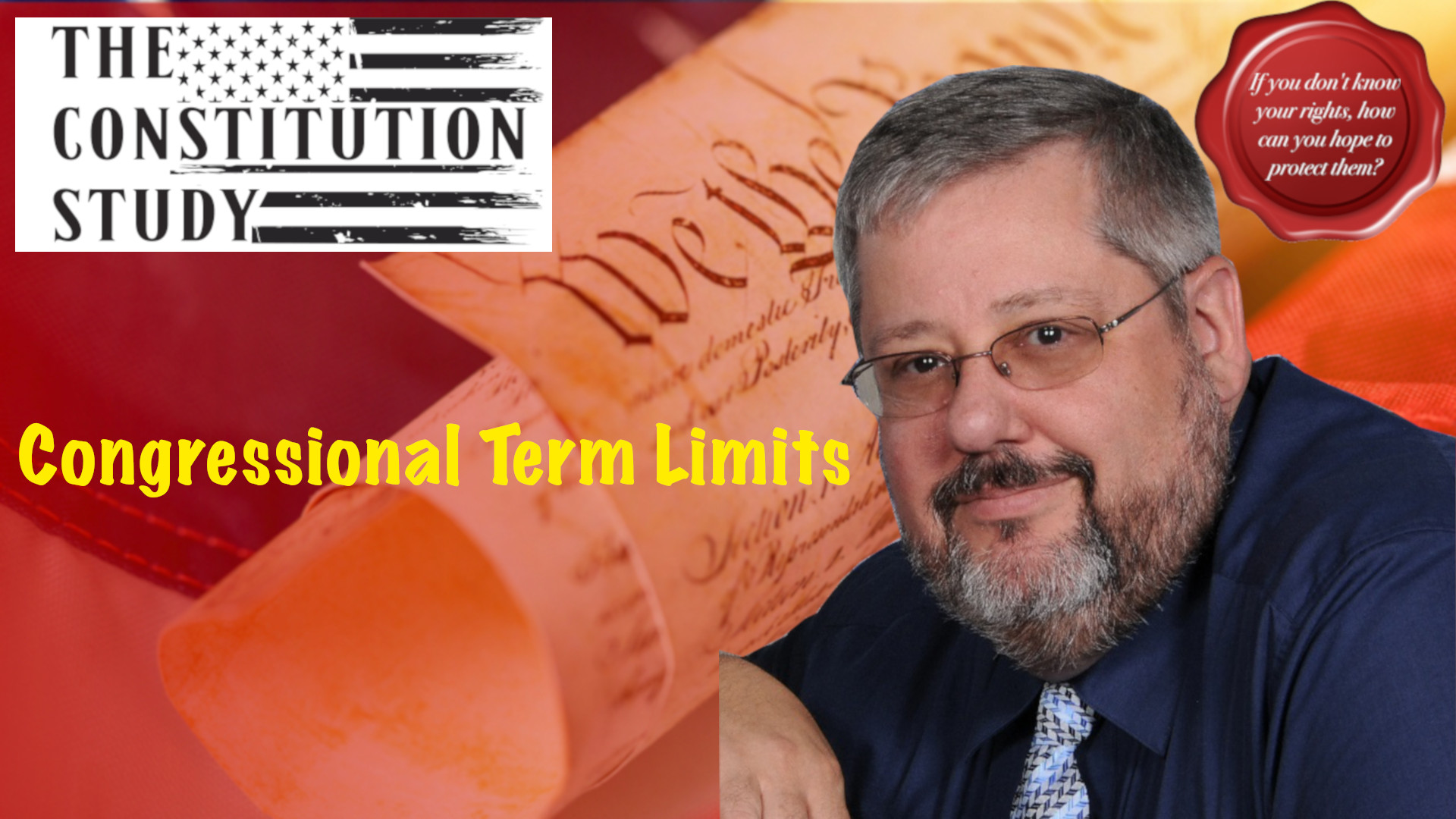
294 – Congressional Term Limits
U.S. Representative Tim Burchett has introduced a bill to limit the number of terms members of Congress can serve. I’ve talked before about term limits, but this seems to be a good opportunity to look at the details both to the legislation and the idea of term limits.
Read More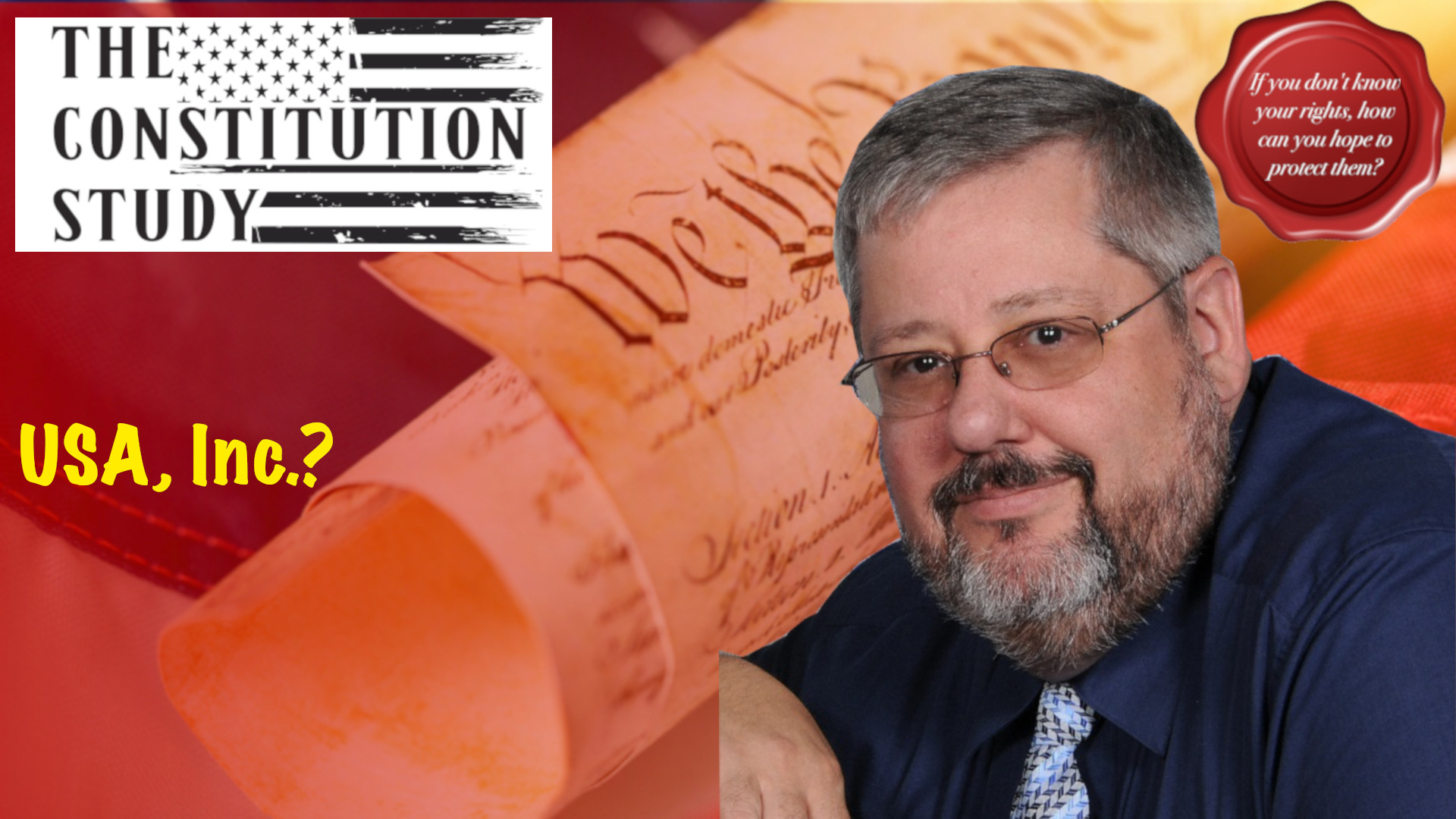
293 – USA, Inc.?
One concept that I often see people express is that the United States is now a private corporation. Those who make these claims often cite The District of Columbia Act of 1871 as proof. This “fact” is then used to support various positions or explain why or how certain acts of government take place. So let’s look at The District of Columbia Act of 1871 and the Constitution of the United States to see for ourselves if we are no longer citizens of a union, but subjects of a corporation.
Read More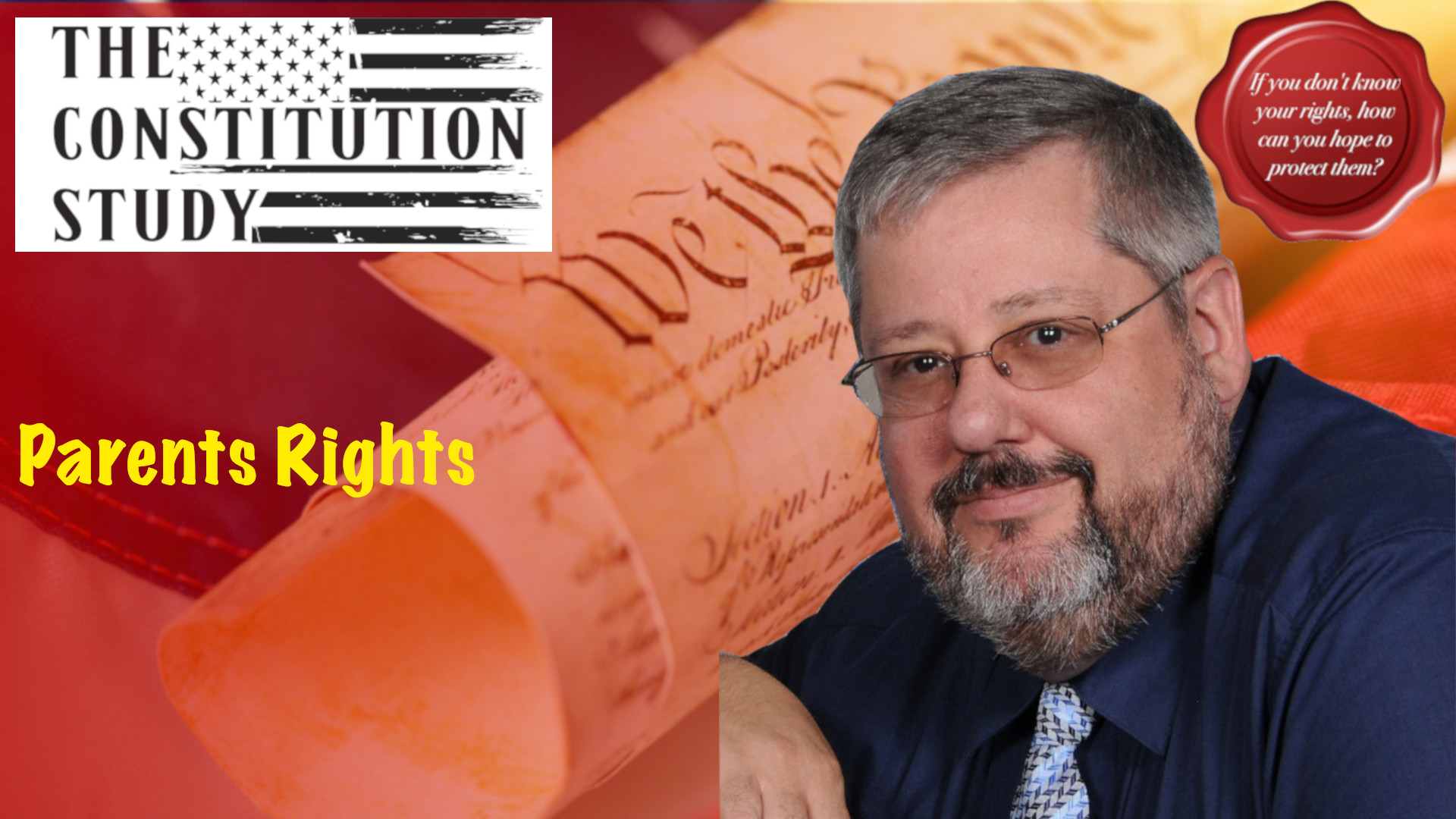
292 – Parents’Rights
With the recent “approval” of the Pfizer vaccine for 5-11 year olds, many are wondering when the “recommendation” to vaccinate will become a mandate. Do governments have the legal authority to intervene in family decision? If so, under what conditions? One opinion comes from a case out of the Second Circuit in the 1970s. Understanding the limits of the coercive power of government over families will be important if we wish to remain free.
Read More